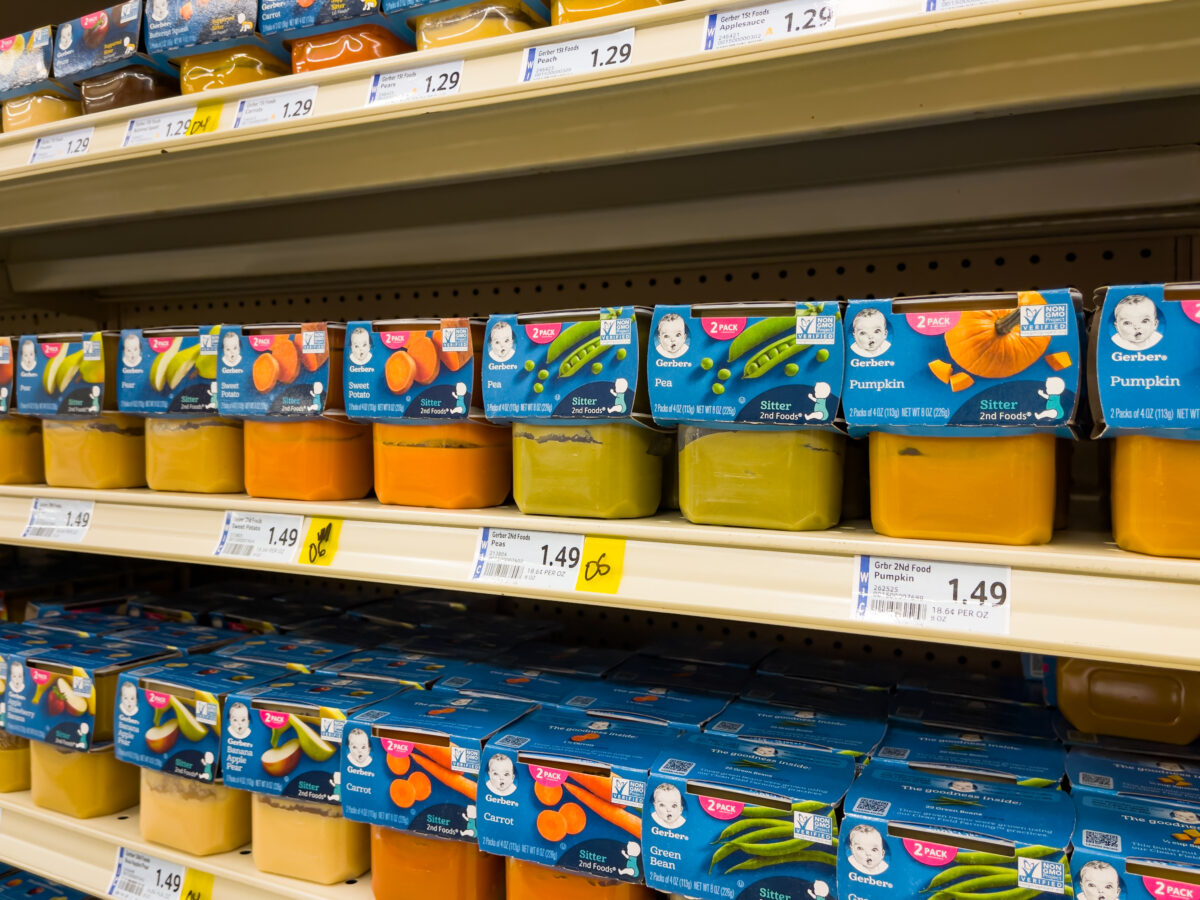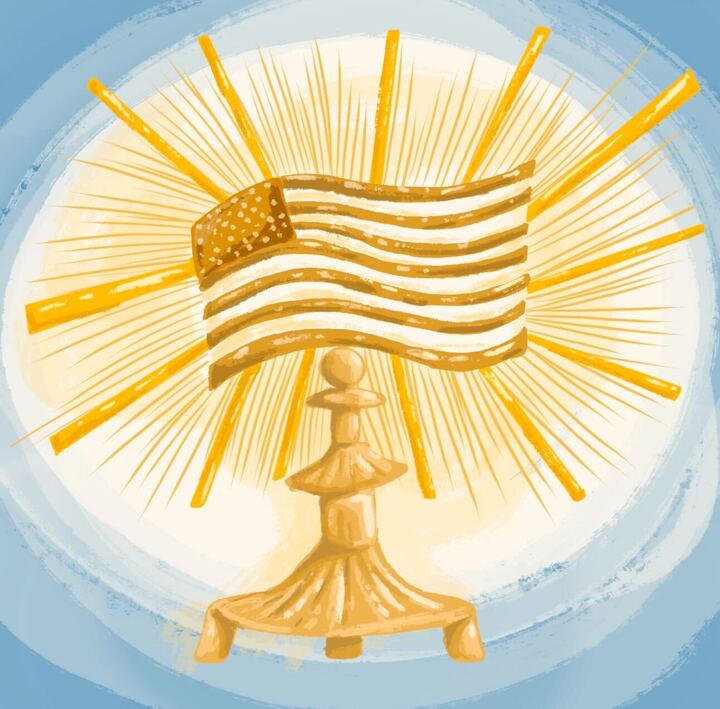Toxic heavy metals in commercial baby food is a serious neurotoxic threat for student parents’ babies.
In 2021, a congressional report undertaken by the Subcommittee on Economic and Consumer Policy found excessive amounts of toxic heavy metals in commercial baby food.
As the Food and Drug Administration slowly addresses this issue, the CDC’s latest report on the rising rate of autism spectrum disorder (ASD) diagnoses further stokes concerns over infants’ nutritional security. This particularly affects parents pursuing higher education, who are already burdened by time constraints and insufficient finances.
Student parents’ plight
While toxic metals’ effects on children are indiscriminate, the socio-economic barriers that disadvantaged groups encounter can inadvertently contribute to higher exposure risks. Student parents are an overlooked yet highly vulnerable group.
About 22% of U.S. undergraduates are parents, of which approximately 70% are mothers and 62% are single mothers. Furthermore, over 33% of student parents are African American, 21% are Hispanic, and 13% are Asian.
Balancing a job and education with parental responsibilities takes a significant toll on most student parents, who may find that college tuition and childcare costs alone are insurmountable challenges.
In California, student parents spend nearly $7,600 per year for every child in their care on average, or the equivalent of one year’s tuition at a state university, or three months’ rent. Furthermore, children diagnosed with ASD require specialized behavioral adjustment therapy, which can range from $62,400 to $249,600 per year, depending on the condition’s severity.
Moreover, the lack of on-campus services and facilities that can provide adequate care for children with ASD leaves parents with minimal options for daycare when working or attending classes.
Subcommittee’s findings
Despite working with limited information, the subcommittee found a lack of safety standards and practices that facilitated contamination. Compared to other products regulated by the FDA, the analyzed baby foods contained five times more mercury, 69 times more cadmium, 91 times more inorganic arsenic, and 177 times more lead.
Due to their higher nutrient absorption and underdeveloped filtering systems, infants and toddlers are especially vulnerable to dietary heavy metals, which end up accumulating in bodily tissues. Over time, these metals act as neurotoxins, impacting the nervous system and brain function, which can lead to decreased IQs and neurodevelopmental issues.
More importantly, recent systematic reviews indicate a concerning correlation between exposure to mercury, cadmium, inorganic arsenic, and lead to autism spectrum disorders.
Curbing the contamination crisis
The FDA’s inaction has enabled toxic metal contamination in commercial baby food recently tested by Bloomberg Law and Consumer Reports.
Even though heavy metals are naturally occurring elements that are hard to remove entirely once crops absorb them, it doesn’t absolve manufacturers from their responsibility of ensuring that infant nutritional products don’t harm vulnerable consumers.
Individual states can reduce exposure risks by eliminating problematic products from social programs.
Following in the footsteps of Oregon and several other states, California should remove arsenic-ridden infant rice cereals from its Women, Infants & Children program, which provides nutritional support for over 1 million individuals every month.
Until more decisive measures are implemented, parents seeking safer alternatives should know that they can reduce their children’s exposure to dietary neurotoxic metals in several ways.
The nonprofit Healthy Baby Bright Futures, which first brought the contamination crisis to wider public attention, also provides recommendations on safer baby food options and viable substitutes.
Despite being a staple of infant nutrition, rice and rice-based products contain high levels of arsenic and should preferably be avoided or strictly limited.
Replacing rice rusks and rice-based teething biscuits with frozen bananas reduces heavy metal counts by 95%, and substituting infant rice cereal for oatmeal or other grain varieties can lower heavy metals by 75%.
Fresh and frozen fruits are safer than canned varieties, which can contain 30 times more lead. Since certain crops are naturally higher in heavy metals, providing a wider variety of greens and vegetables can lower exposure by 43%. Replacing high-sugar fruit juices with plain water can likewise decrease total heavy metals by 39%.
According to the organization, the least-contaminated foods consumed by infants that parents can opt for include bananas, grits, baby food-brand meats, butternut squash, lamb, apples, pork, eggs, oranges and watermelon.






